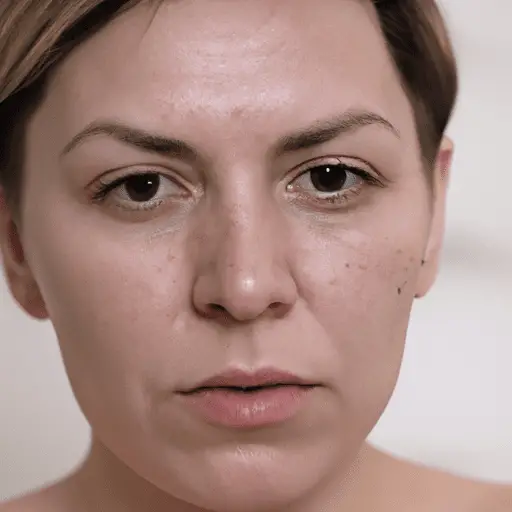Increasing Awareness of Rosacea
-
Table of Contents
- Increasing Awareness of Rosacea: A Comprehensive Guide
- Key Takeaways
- Introduction: Unmasking Rosacea
- Understanding Rosacea: Types and Symptoms
- The Importance of Early Diagnosis
- Treatment Options for Rosacea
- Reducing Stigma through Public Education
- FAQ Section: Common Questions about Rosacea
- Conclusion: The Path to Greater Awareness
- Key Takeaways Revisited
Increasing Awareness of Rosacea: A Comprehensive Guide

[youtubomatic_search]
Key Takeaways
- Rosacea is a common but often misunderstood skin condition affecting millions worldwide.
- Increased awareness and understanding of rosacea can lead to earlier diagnosis and more effective treatment.
- There are several types of rosacea, each with unique symptoms and treatment options.
- While there is no cure for rosacea, various treatments can help manage symptoms and improve quality of life.
- Public education and advocacy are crucial in reducing the stigma associated with rosacea.
Introduction: Unmasking Rosacea
Rosacea, a chronic skin condition characterized by facial redness and inflammation, affects an estimated 16 million Americans and millions more worldwide. Despite its prevalence, rosacea remains widely misunderstood, often leading to delayed diagnosis and treatment. This article aims to increase awareness of rosacea, shedding light on its types, symptoms, treatments, and the importance of public education in managing this condition.
Understanding Rosacea: Types and Symptoms
Rosacea is not a one-size-fits-all condition. There are four subtypes, each with unique symptoms. Erythematotelangiectatic rosacea (ETR) causes redness and flushing, while papulopustular rosacea (PPR) leads to breakouts similar to acne. Phymatous rosacea results in skin thickening, and ocular rosacea affects the eyes. Understanding these subtypes can help individuals recognize their symptoms and seek appropriate treatment.
The Importance of Early Diagnosis
Early diagnosis of rosacea is crucial in managing the condition effectively. Unfortunately, many people mistake rosacea for other skin conditions like acne or eczema, leading to inappropriate treatment. Increased awareness can help individuals recognize rosacea symptoms and seek medical advice promptly.
Treatment Options for Rosacea
While there is no cure for rosacea, various treatments can help manage symptoms. These include topical medications, oral antibiotics, laser therapy, and lifestyle modifications. The choice of treatment depends on the subtype of rosacea and the severity of symptoms.
Reducing Stigma through Public Education
Rosacea can significantly impact an individual’s quality of life, leading to embarrassment, anxiety, and depression. Public education and advocacy can help reduce the stigma associated with rosacea, encouraging those affected to seek help and support.
FAQ Section: Common Questions about Rosacea
- What causes rosacea? The exact cause of rosacea is unknown, but it may involve a combination of hereditary and environmental factors.
- Can rosacea be cured? While there is no cure for rosacea, treatments can help manage symptoms and prevent the condition from worsening.
- Is rosacea contagious? No, rosacea is not contagious. It cannot be passed from person to person.
- Can diet affect rosacea? Certain foods and drinks, such as spicy foods and alcohol, can trigger rosacea flare-ups in some people.
- Can rosacea be prevented? While rosacea cannot be prevented, understanding triggers and managing them can help reduce flare-ups.
Conclusion: The Path to Greater Awareness
Rosacea is a common but often misunderstood skin condition. Increased awareness and understanding can lead to earlier diagnosis, more effective treatment, and improved quality of life for those affected. Public education and advocacy play a crucial role in this process, helping to reduce the stigma associated with rosacea and encouraging those affected to seek help and support.
Key Takeaways Revisited
- Rosacea is a common but often misunderstood skin condition.
- Increased awareness can lead to earlier diagnosis and more effective treatment.
- There are several types of rosacea, each with unique symptoms and treatment options.
- While there is no cure for rosacea, treatments can help manage symptoms.
- Public education and advocacy are crucial in reducing the stigma associated with rosacea.
[youtubomatic_search]


